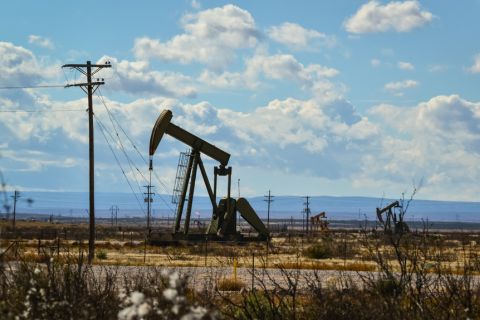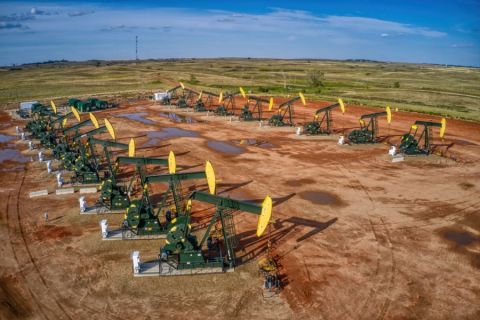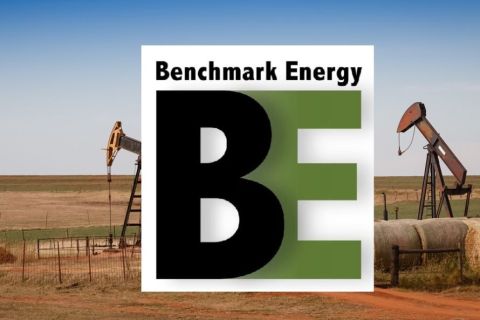Velda Addison, Hart Energy
The U.S. Department of Energy’s National Energy Technology Laboratory (NETL) will tap into fossil fuel expertise at universities in its effort to improve production efficiency while lessening the environmental impacts and emissions in the fossil fuel sector.
With $20 million in federal funding, the NETL has established the University Coalition for Fossil Energy Research at Pennsylvania State University, which will lead the collegiate team. Researchers from the universities will tackle topics that include advanced energy systems, carbon dioxide capture and storage, natural gas resources and infrastructure, and onshore and offshore oil and gas technology among other areas, according to a news release.
Other participating institutions include the Massachusetts Institute of Technology (MIT), Princeton University, Texas A&M University, University of Kentucky, University of Southern California (USC), University of Tulsa, University of Wyoming and Virginia Polytechnic and State University. However, additional institutions may join the initiative, NETL said in the release.
“The research completed throughout the six-year initiative is expected to accelerate the development and deployment of fossil fuel-based technologies, enabling the continued use of our nation’s abundant natural resources in a cost effective and environmentally responsible manner,” NETL said. “Members of the coalition will actively seek industry participation in research projects and promote technology transfer to the private sector.”
Christodoulos A. Floudas, professor and director of the Texas A&M Energy Institute, said the institute is delighted to take part in the research.
“This will allow for multidisciplinary research collaborations within Texas A&M University and NETL researchers, with the primary goal to improve the energy efficiency, production, and use of fossil-based resources,” Floudas said in a Texas A&M news release.
Their efforts could lead to breakthroughs for an industry in which technology advances and improved techniques have already led to production growth and cost savings. Among these are advances in horizontal drilling and fracturing/stimulation technology as well as 3-D and 4-D seismic along with artificial lift technology.
As part of the initiative, coalition members will support the Office of Fossil Energy’s Coal and Oil and Gas programs. It will involve expertise in geological and environmental systems, materials engineering and manufacturing, energy conversion engineering, systems engineering and analysis, and computational science and engineering, Texas A&M said its news release.
“Research in gas and oil will also include unconventional resources such as shale gas and environmental impacts, natural gas infrastructure—leak detection and smart sensors, deep water technology, methane hydrates and enhanced recovery,” according to Texas A&M.
Velda Addison can be reached at vaddison@hartenergy.com.
Recommended Reading
Novo II Reloads, Aims for Delaware Deals After $1.5B Exit Last Year
2024-04-24 - After Novo I sold its Delaware Basin position for $1.5 billion last year, Novo Oil & Gas II is reloading with EnCap backing and aiming for more Delaware deals.
Enverus: 1Q Upstream Deals Hit $51B, but Consolidation is Slowing
2024-04-23 - Oil and gas dealmaking continued at a high clip in the first quarter, especially in the Permian Basin. But a thinning list of potential takeout targets, and an invigorated Federal Trade Commission, are chilling the red-hot M&A market.
EIA: Permian, Bakken Associated Gas Growth Pressures NatGas Producers
2024-04-18 - Near-record associated gas volumes from U.S. oil basins continue to put pressure on dry gas producers, which are curtailing output and cutting rigs.
Benchmark Closes Anadarko Deal, Hunts for More M&A
2024-04-17 - Benchmark Energy II closed a $145 million acquisition of western Anadarko Basin assets—and the company is hunting for more low-decline, mature assets to acquire.




